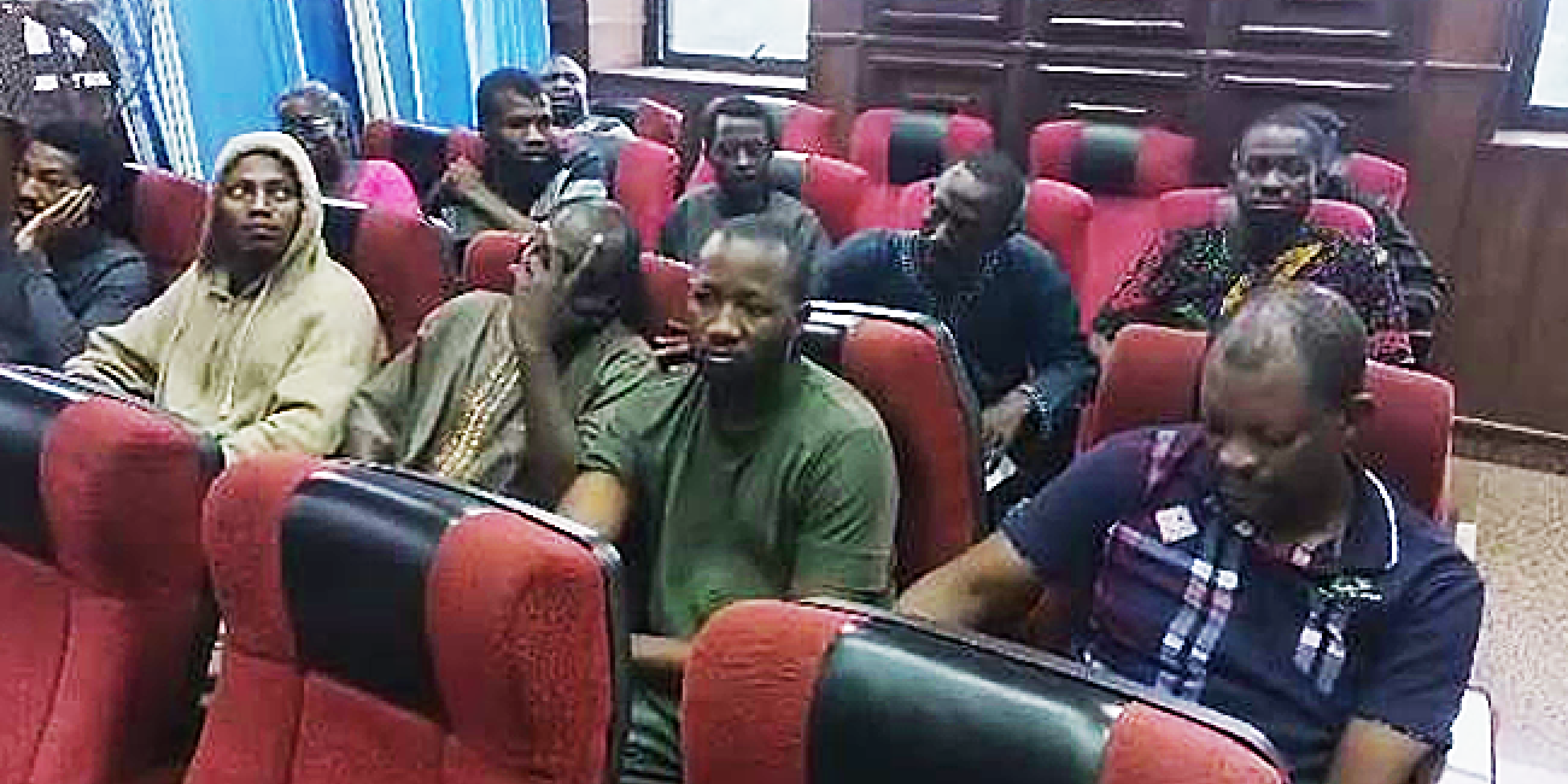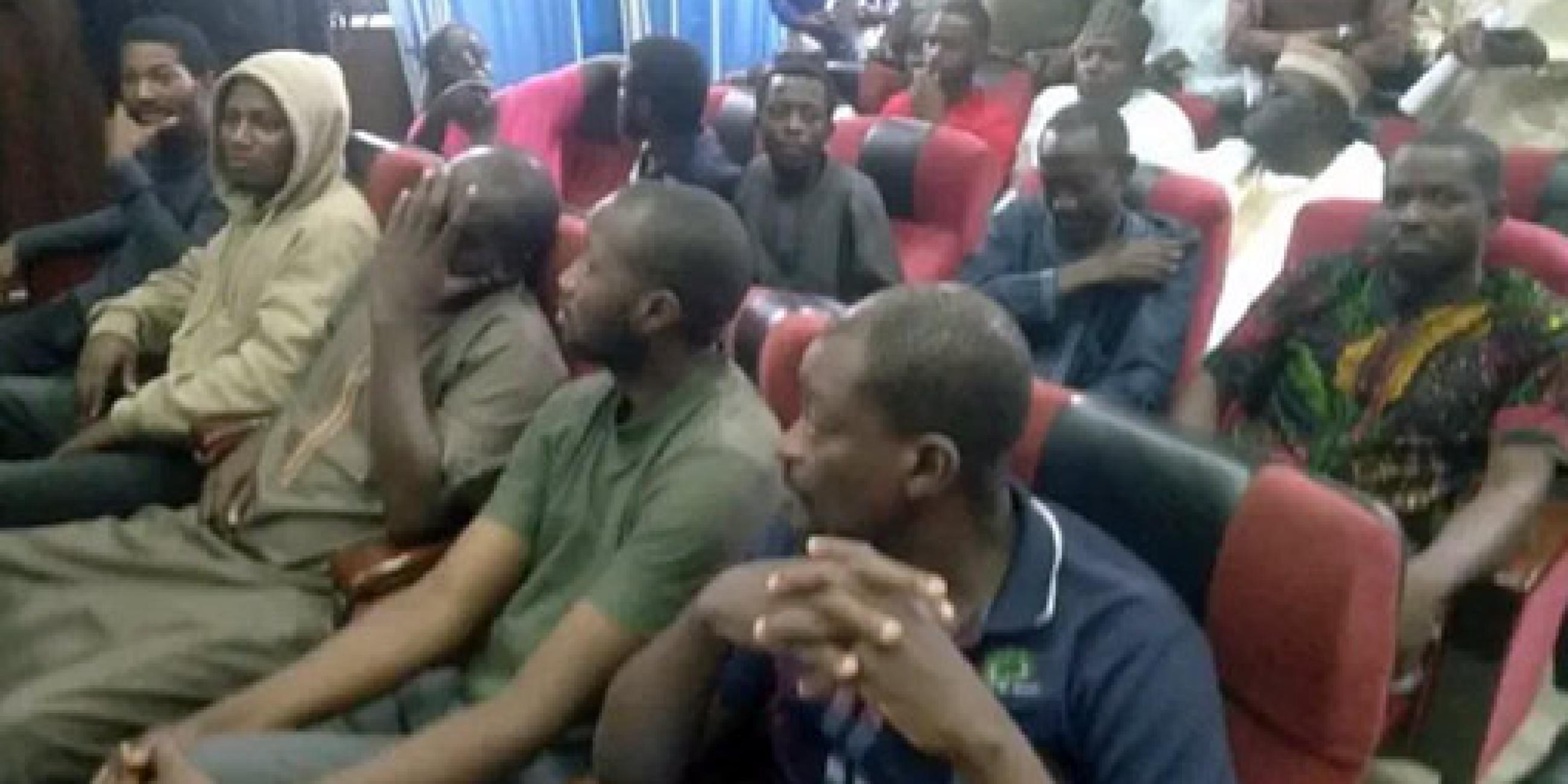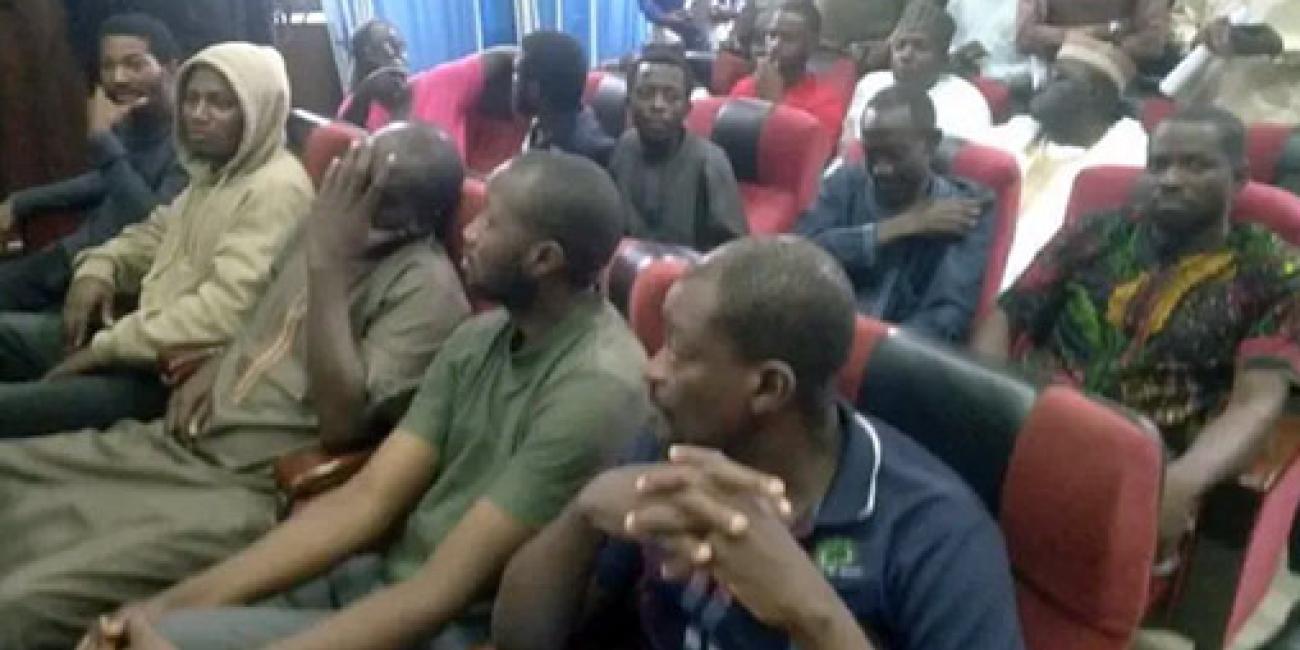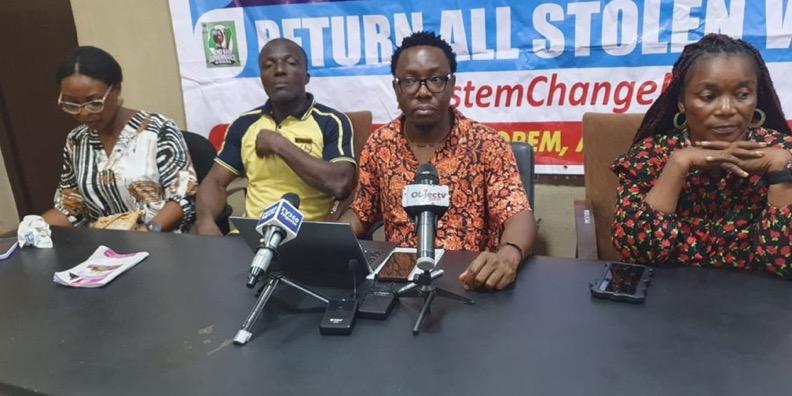YRC Mobilises Nigerians for December 10 Protest, Demands Release of #EndBadGovernance Activists
The Youth Rights Campaign (YRC) has urged Nigerians nationwide to join the December 10 protest marking World Human Rights Day, organised by the #EndBadGovernance Movement. The group warned that Nigeria is “on the brink” due to worsening repression, rights violations, and the alleged misuse of the Cybercrime Act to target critics under the Tinubu administration.
YRC is demanding the dismissal of treason and terrorism charges against 11 detained protesters arrested in 2024, accusing the government of delaying their trial to silence dissent. The group also highlighted ongoing persecution of activists, workers, students, and journalists, as well as widespread demolitions displacing poor communities. YRC says the protest aims to build a united resistance against anti-poor policies and systemic abuses.
The Youth Rights Campaign (YRC) has urged Nigerians nationwide to join the December 10 protest marking World Human Rights Day, organised by the #EndBadGovernance Movement. The group warned that Nigeria is “on the brink” due to worsening repression, rights violations, and the alleged misuse of the Cybercrime Act to target critics under the Tinubu administration.
YRC is demanding the dismissal of treason and terrorism charges against 11 detained protesters arrested in 2024, accusing the government of delaying their trial to silence dissent. The group also highlighted ongoing persecution of activists, workers, students, and journalists, as well as widespread demolitions displacing poor communities. YRC says the protest aims to build a united resistance against anti-poor policies and systemic abuses.
YRC Mobilises Nigerians for December 10 Protest, Demands Release of #EndBadGovernance Activists
The Youth Rights Campaign (YRC) has urged Nigerians nationwide to join the December 10 protest marking World Human Rights Day, organised by the #EndBadGovernance Movement. The group warned that Nigeria is “on the brink” due to worsening repression, rights violations, and the alleged misuse of the Cybercrime Act to target critics under the Tinubu administration.
YRC is demanding the dismissal of treason and terrorism charges against 11 detained protesters arrested in 2024, accusing the government of delaying their trial to silence dissent. The group also highlighted ongoing persecution of activists, workers, students, and journalists, as well as widespread demolitions displacing poor communities. YRC says the protest aims to build a united resistance against anti-poor policies and systemic abuses.
0 Kommentare
·0 Geteilt
·136 Ansichten











